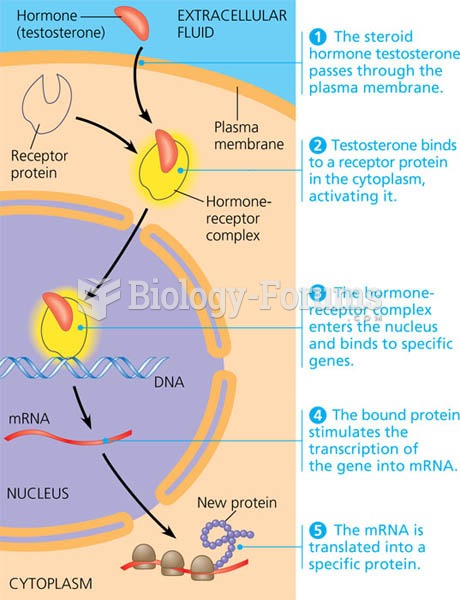This topic contains a solution. Click here to go to the answer
|
|
|
Did you know?
Blood in the urine can be a sign of a kidney stone, glomerulonephritis, or other kidney problems.
Did you know?
There are 20 feet of blood vessels in each square inch of human skin.
Did you know?
Your heart beats over 36 million times a year.
Did you know?
Although puberty usually occurs in the early teenage years, the world's youngest parents were two Chinese children who had their first baby when they were 8 and 9 years of age.
Did you know?
Medication errors are more common among seriously ill patients than with those with minor conditions.







